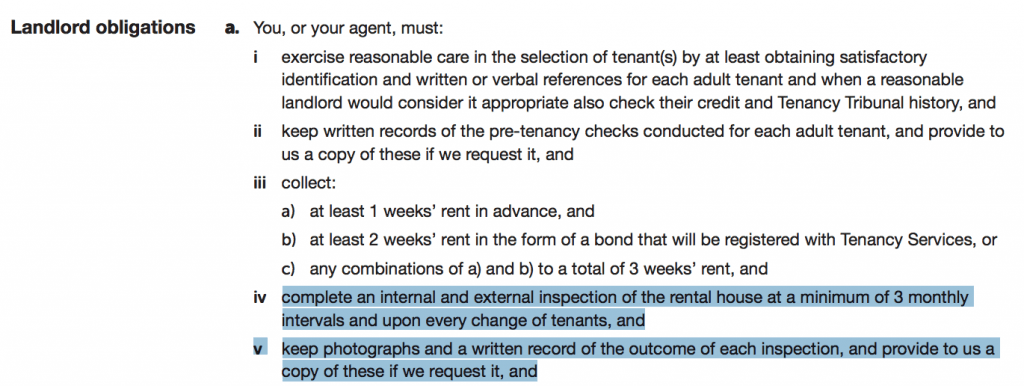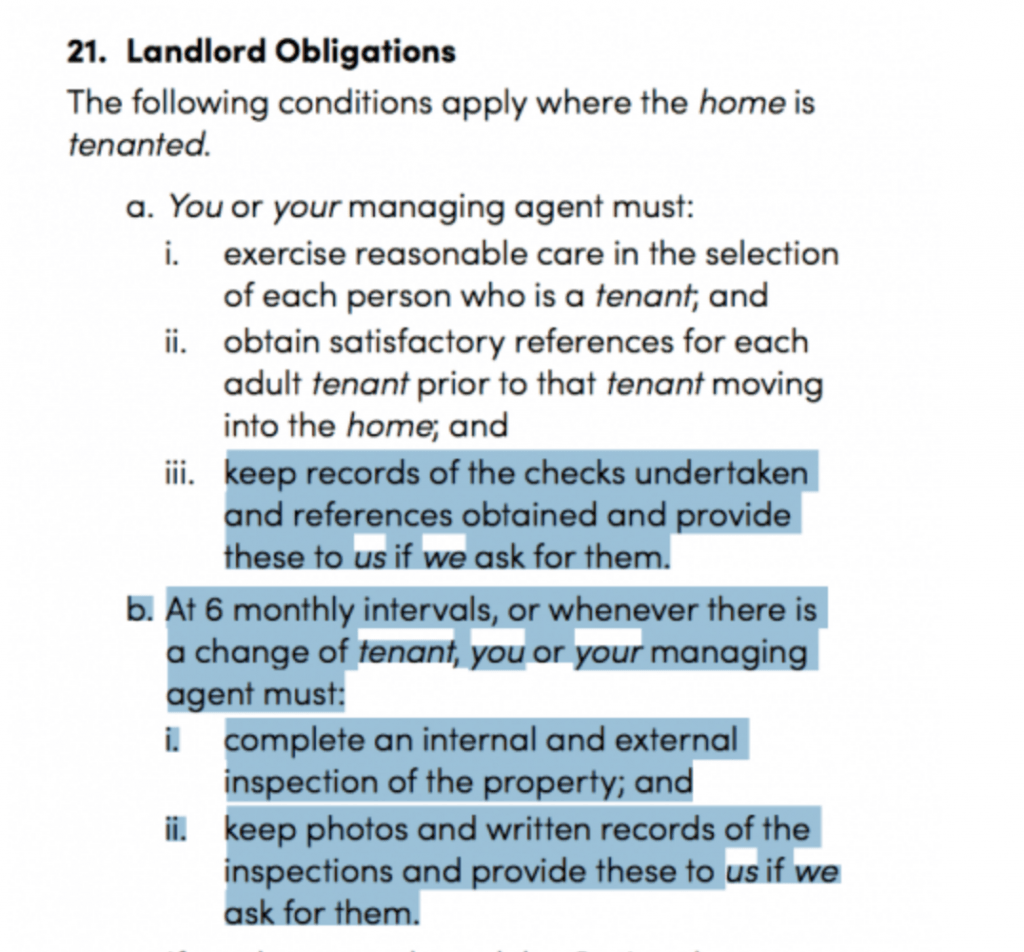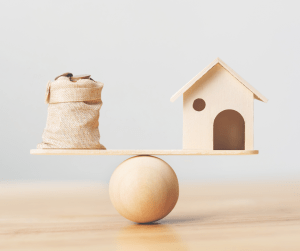The latest news for New Zealand Landlords and Tenants
How often should I inspect my rental property?
Regular house inspections are vital to ensure that your tenants are looking after your property. But, how often should you do these? And, is the work involved in a routine house inspection worth paying someone else to do?
A house inspection allows you to assess the condition of your property and see whether any repairs or maintenance are needed. They are also a great way to check-in with your tenants and ask how they are finding your rental.
While it can be difficult to know how often you should inspect your property without being too overbearing, there are both legal and insurance obligations that you’ll need to consider. We discuss these below and take you through the ins and outs of conducting an inspection. We also look at the time it takes to do this task and whether it is worth paying someone else to take inspections for you. Here’s all you need to know about inspecting a rental property…
How often should I inspect my rental property?
The answer to this question will be different for everyone, but there are guidelines around how often you should and can do a house inspection.
Legally, you can only conduct an inspection every 30 days which means you could get away with doing an inspection once every month. But, if your tenants are looking after your property and previous inspections have shown no issues, it’s probably best to give more space between them. Inspections can be nerve-wracking for tenants and although you are allowed to do them every 30 days, you probably don’t need to. Some situations where this might be necessary, include:
- If you think tenants have a secret pet
- There is the likelihood of extra flatmates living in the rental that are not on the lease

If none of these situations apply, and you feel happy that your tenants are:
- Taking care of your property
- Sticking to the rules set out in the tenancy agreement and
- Are happy themselves
Then we recommend:
- Checking your insurance policy to see if this has any specific expectations around this OR
- Trying to conduct an inspection at least every 3-6 months depending on what you feel is right
How long does an inspection take?
A routine house inspection should take much less time than a move-in and move-out inspection. This is because the inspections at the start and end of a lease need to notice anything that could have been caused by previous tenants or those tenants that are leaving the property. This ensures that no set of tenants lose out on their bond over damages they didn’t actually do. So, how long should a routine house inspection take?
This article from Hamilton property management company Lodge, says an inspection will usually go for 30 minutes. Lodge also says it could be longer, depending on the size of the property.
As a house inspection involves someone walking through a property with a checklist of things they need to inspect, 30 minutes is a realistic amount of time to do this. Even with photos and notes being taken, most inspections do not exceed an hour as inspectors need to be mindful of the tenant’s right to quiet enjoyment of their property. This takes us to your obligations as a landlord when doing inspections.
What are your legal obligations when doing inspections?
- You must wait at least 30 days between inspections
- Give at minimum, 48 hours notice before an inspection, and at the most, 2 weeks.
- You are allowed to take photos, however, you must try to avoid including the tenant’s belongings in these.
Tenancy Services also recommends:
- Taking photos when doing an inspection and
- Bringing your initial inspection report
As tenants are not allowed to be charged for damage recorded at the start of a tenancy, the initial inspection report will ensure you do not record anything irrelevant.
As long as you stick within these limits, you can inspect your rental property once a month. However, most landlords and property managers conduct inspections every 3 months as most insurance companies expect this. More about your insurance obligations below.
To read more about your legal obligations as set out in the Residential Tenancies Act, see here.

What are your insurance obligations when doing inspections?
With landlord insurance comes landlord obligations. These obligations might sound scary but they are very reasonable and only better protect you and your property. It is very important to read your full insurance policy to understand what the exact expectations of you are. If you fail to do this then it could end up coming back to bite you when you do need to make a claim for your property. So, what are some common insurance obligations related to inspections?
You can easily browse most landlord insurance policies online to see what the common clauses are but common obligations they cover include:
- Keeping concise records of inspections
This includes photographs, written notes, and an inspection checklist if this is what you are using.
- Conducting inspections every 3-6 months
You will see in our 2 examples below that a landlord is usually expected by their insurance company to conduct regular inspections. In Vero’s case, this is every 6 months. In AMI’s case, this is (a minimum of) every 3 months.
Can you re-inspect a property?
If you aren’t satisfied with the condition of the property when inspecting it, you are able to do a re-inspection. You can also do a re-inspection if you and the tenant have agreed that they will fix or clean something. Your main obligation here is that you need to give the correct amount of notice before returning for the re-inspection. This is 48 hours just like the notice period required for a routine inspection.
Is it worth paying someone to do house inspections for me?
Many landlords may choose to pay a property manager or other person to conduct inspections on their behalf. This could be due to a lot of reasons, such as:
- Not having the time
- You don’t live near your rental property
- Not knowing how to do an inspection
- Wanting to make sure inspections meet all of their landlord obligations
Although these reasons are valid, property inspections are a very achievable task, even for a first-time landlord. As property management companies charge anywhere between 8-12% of the rent, their services can become very costly. This is even more so with places that charge an additional fee per inspection such as Quinovic and Jim Brown Rentals.
While Quinovic charges $30+GST for an inspection, Jim Brown Rentals charges $40+GST. Although this seems like it isn’t much, it adds up when you need to do inspections every 3 months. And it comes back to the question of: Is it worth it?
Well, unless you are physically unable to do the house inspection yourself, taking the DIY route is a cheaper option. Considering that the average inspection takes 30 minutes and involves walking through your property taking notes and photos, it is achievable to do this yourself. Additionally, it gives you the added contact with your tenants so that you can chat in person about the property and their tenancy.
If you are worried about your obligations, all you need to know is that they are:
- available to read online
- easy to achieve and
- are good to know if you are landlord doing inspections yourself or not.
If you are worried about your time, ask yourself if you are able to find 30 minutes to spare? Still no luck? Then a property manager might be a good option.
And, if you are worried about having to do the actual inspection? Don’t. This part is easy, especially if you know your property. There are plenty of online guides that talk you through this including our article here: What to look out for at your next inspection?







